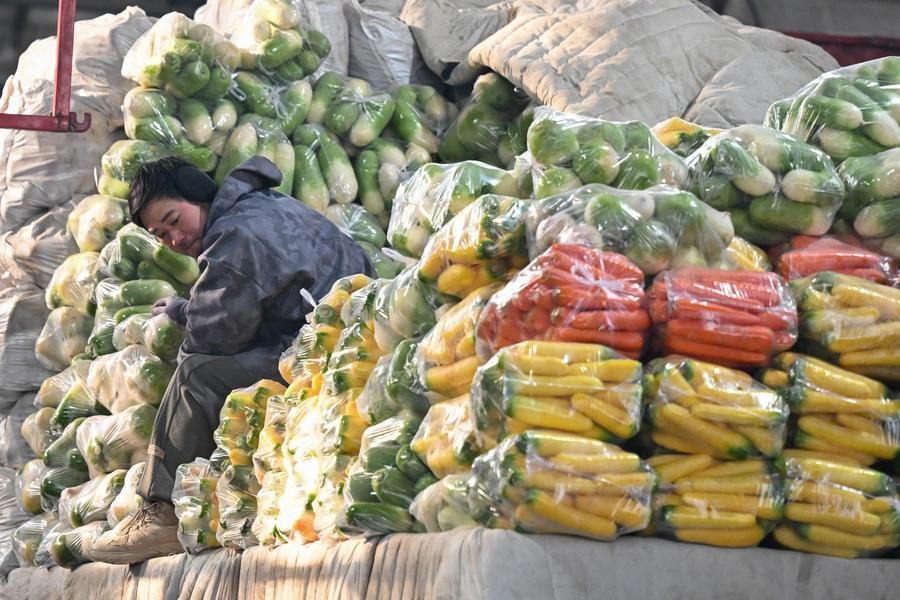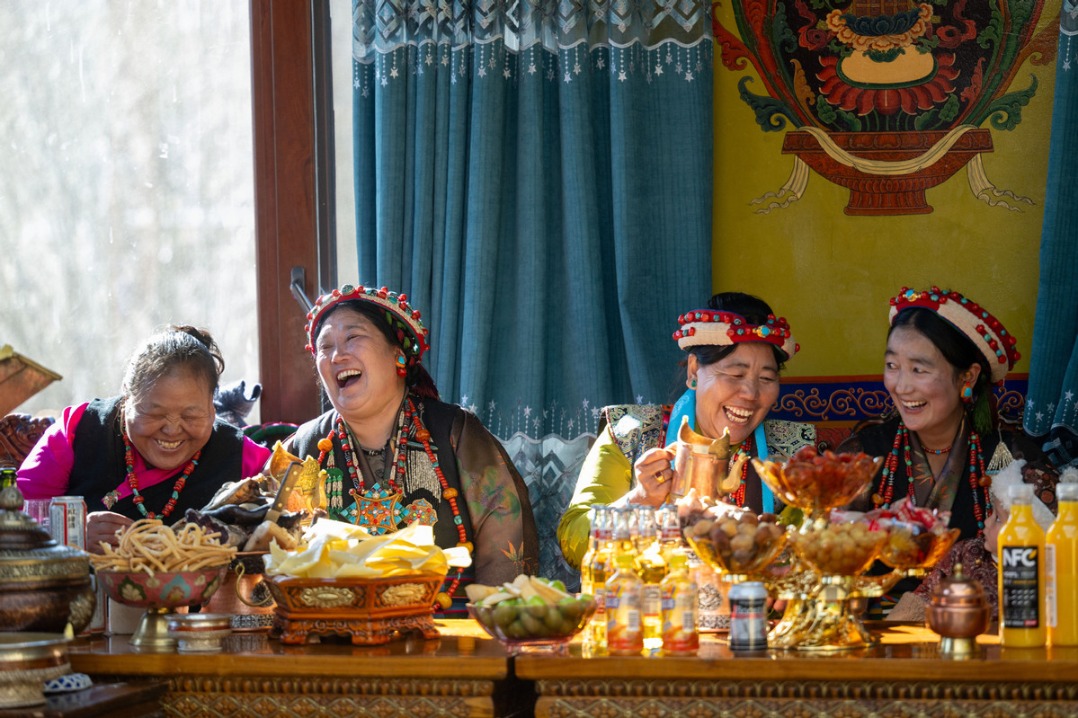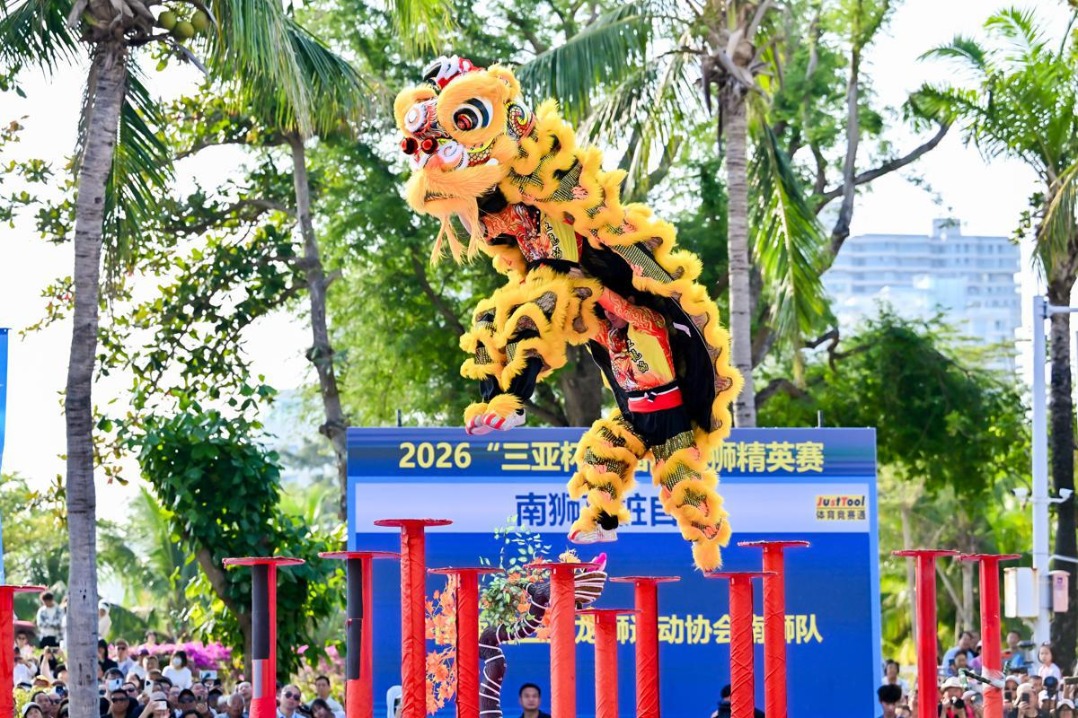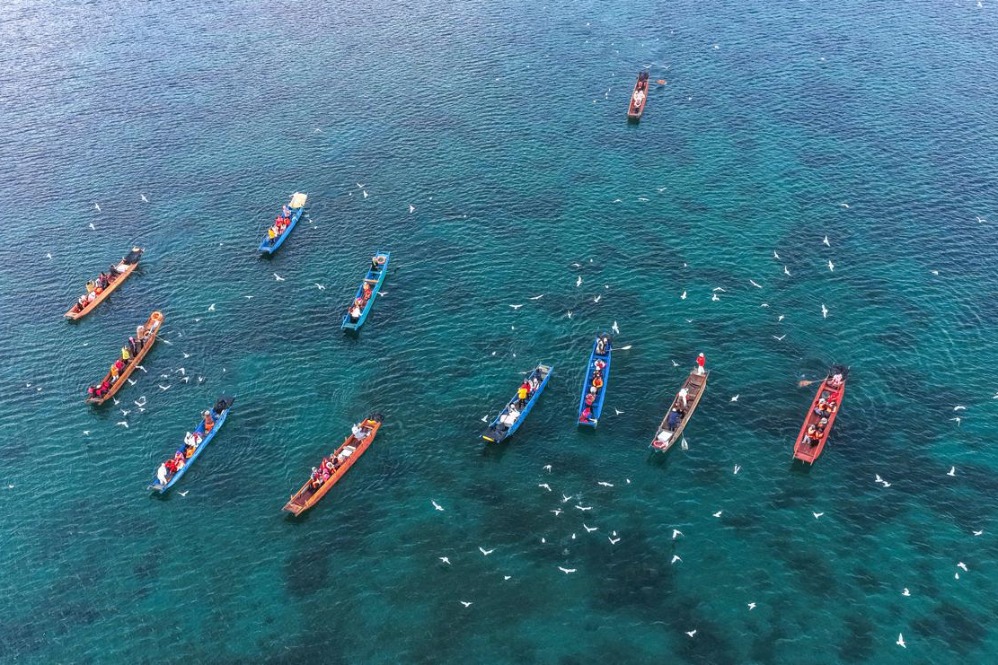Huai'an goes extra mile to protect Beijing-Hangzhou Grand Canal


East China's Huai'an city has taken comprehensive measures including reducing livestock farms and canceling a tourism program to protect the Beijing-Hangzhou Grand Canal, which is the longest man-made canal in the world.
"We have treated more than 27 kilometers of the waterways to protect the environment and reduced more than 7,727 hectares of livestock farms," said Wang Honghong, vice-mayor of the city and a member of the 13th CPPCC National Committee.
Besides, the city has launched many biological restoration programs along the canal, she said.
"We also made strict regulations to protect the ecosystem along the canal. The three industrial parks near the canal are required to improve technologies to better protect the neighboring environment," Wang said.
According to her, the city canceled a travel program that would have attracted an investment of more than 10 billion yuan ($1.5 billion) to protect an archaeological site during exploration.
The canal runs through 93 kilometers in Huai'an, which accounts for one seventh of the man-made waterway listed as a UNESCO World Intangible Cultural Heritage site in 2014.
Stretching 1,797 km between Beijing and Hangzhou, Zhejiang province, the canal's history dates back to the Spring and Autumn Period (770-476 BC) and was completed in the Sui Dynasty (581-618).
"It requires hard work and research to protect the time-honored canal," Wang said. "We'll continue to restore the ecology and culture about the canal and share our experience with other cities for more effective protection."
- China moves to set national standards for pre-made dishes
- Chinese company unveils plans for commercial space flights
- Latest addition to Shiziyang Bridge constructions brings main tower above 300 meters
- Hebei's 'ancient pressure cooker' setting internet ablaze
- Major urban renovation restores Xi'an's ancient moat
- China launches nationwide employment assistance program





































